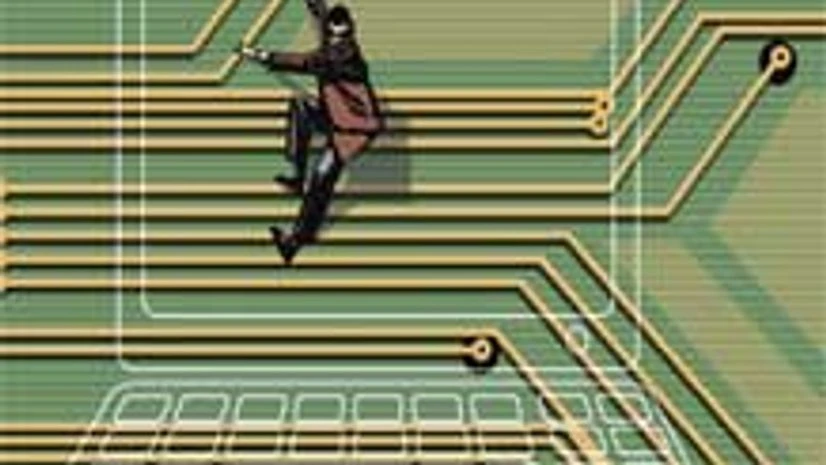In 2003, Gurjeet Singh, a B Tech in instrumentation and control engineering from New Delhi’s Netaji Subhas Institute of Technology, went to pursue his PhD in computational mathematics from Stanford University. After finishing his PhD, in partnership with his professor Gunnar Carlsson he started working on topological data analysis, an advanced technology for data mining and analytics.
Their project took off in 2008 as Ayasdi, a data analytics start-up. In January this year, it made commercial entry with a $10.25 million in a SeriesA funding led by Khosla Ventures and Floodgate. Thereafter, Ayasdi raised $30.6 million from Citigroup and GE Ventures, becoming one of the hottest start-ups in the US.
The sophisticated data analytics algorithms developed by Singh and his colleagues are used in the fields of medicine, drug discovery, and oil & gas discovery. These are also used to track terrorists.
More From This Section
Khosla says he is looking at unconventional areas such as food and agriculture - the areas that have not seen much innovation. Take the case of Embrace Innovation, which develops lowcost infant warmers that work despite erratic power supply. Khosla has also invested in Driptech, a Silicon Valley-based company which builds drip irrigation system for farmers at an affordable rate. Using this system, a farmer can put a drip irrigation system in an acre of land in three hours with less than Rs 15,000.
“I always believe that every problem is an opportunity,” he says on what it takes to be a successful entrepreneur. The challenge lies in identifying the opportunity.
In 2011, Khosla started Khosla Impact, which invests in companies that make products for the economically-challenged across the globe. The fund focuses on investing in companies operating in providing clean and accessible water, on-demand energy and affordable healthcare, education and agriculture, among others.
Khosla Ventures, which he started in 2004, remain his main venture capital firm. The fund with $3 billion assets under management has former British prime minister Tony Blair and former US secretary of state Condoleezza Rice as advisors.
About his future areas of interest, Khosla he is upbeat about machine learning system. He is also foraying into areas such as space technologies. Recently, he invested in a New Zealand-based rocket-launching company.
Khosla says before investing in any company he ensures the venture is backed by the right set of people and the level of innovations they are bringing in are exceptional. He also scrutinises the chances of success in the areas they have presence in.
Does he have any strategy for India? Khosla promptly replies in the negative. “I never have an India strategy or a US strategy. I look for great people and great technologies. It does not matter where they are.”
However, he says there has been an upswing in activities in India in the recent past with more entrepreneurs starting to invest in technology products. He says the only key thing missing in India is the absence of enough role models.
Khosla says Indian entrepreneurs need to take risks to really become innovative. There may face failures on the way, but those are the stepping stones to success. “Make small failures to produce big success in future.”

)
